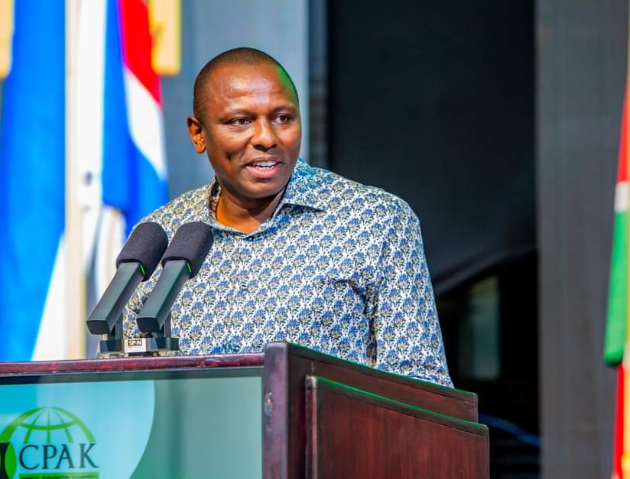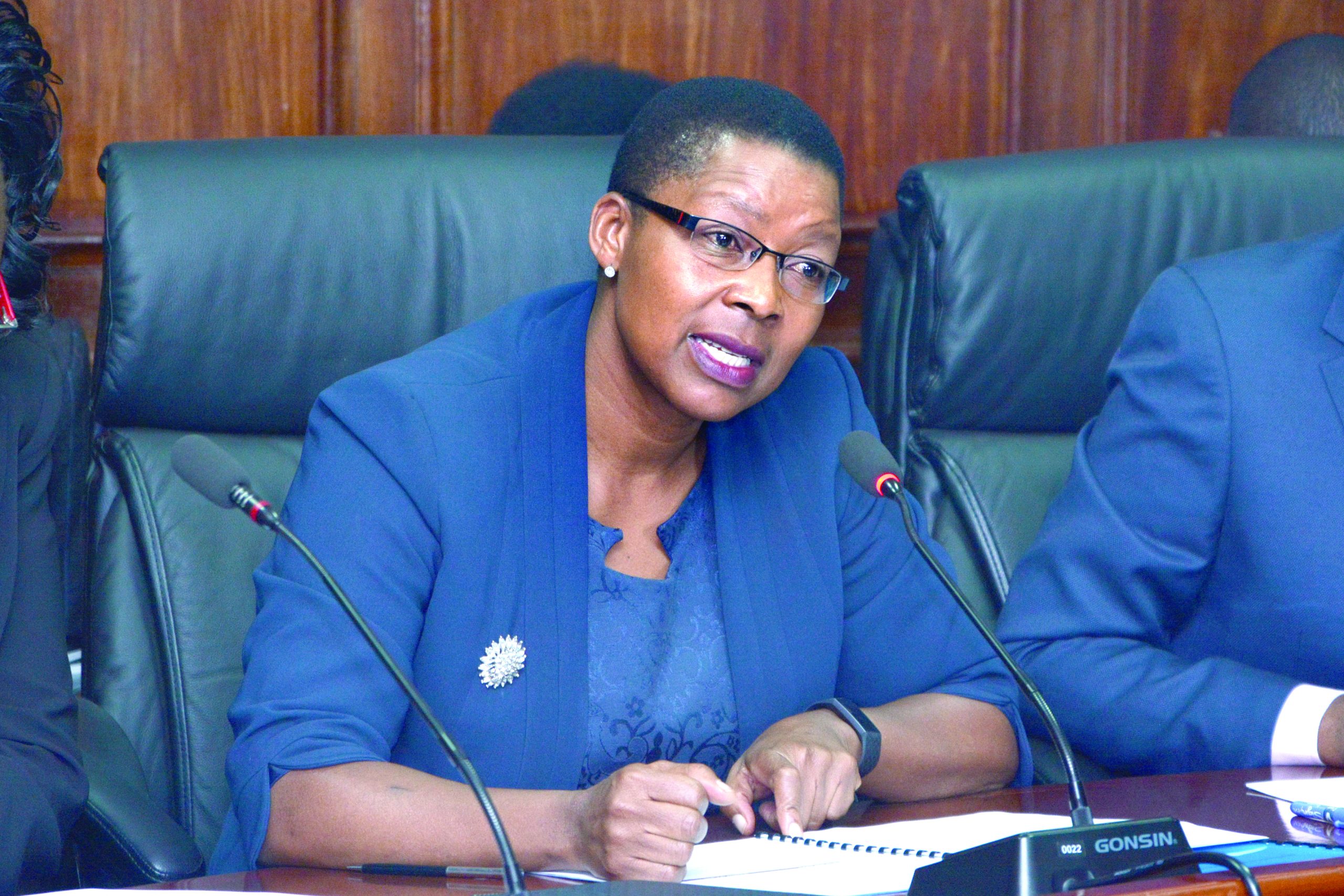Scholars have expressed concern over acute shortage of Computer Science lecturers, a gap they said should be filled to equip interested Kenyans with computation, information and automation knowledge.
With increasing recognition of computer science as a fundamental skill and the numerous opportunities that continue to arise from the broad field, the academics rooted for increased training of trainers to accommodate the high number of students seeking to study the course.
Among other things, the intellectuals blamed lucrative job options outside academia for the reduced number of trainers.
Considering the critical role Computer Science plays in the contemporary world where almost everything is technologically driv-en, lack of the subject educators has been cited as a genuine crisis with academics now calling for training of specialists in the field to fill the gap.
Postgraduate programmes
Speaking at Zetech University during the launch of the varsity’s three new postgraduate programmes – Doctor of Philosophy (PhD) in Computer Science, Master of Science in Computer Science and Master of Science in Information Technology, the scholars led by Catherine Muraga who is the Managing Director of Microsoft ADC called on universities to leverage on the opportunities in the field to train more instructors.
“As Kenya continues to position itself better in the tech world and as we continue to engage the world of academia, we need to for example improve performance in mathematics to improve the enrolment of students taking STEM related courses. If we have a shortage from a country perspective, let us take advantage of the East African community to tap lecturers or maximize on hybrid learning and training,” noted Muraga.
Zetech University Deputy Vice Chancellor, Prof. Alice Njuguna revealed that the launch of the three programmes was informed by the scarcity against increasing opportunities in the market.
“As we were going about our research and after talking to our industry partners, we discovered that there is a gap and opportuni-ties to scale up the training of IT specialists to higher levels to better understand the industry, do research and come up with prod-ucts that can be commercialized and taken to the market so that we don’t just continue consuming imported products,” said Prof Njuguna.
He noted that the Kenyan market is technologically mature to come up with solutions facing the country but there was a gap in the number of highly trained professionals to teach students.
“This field is highly lucrative and once one does a degree, they are easily absorbed into the market. Often, such graduates get busy and they forget to advance their training leaving no people to train the students at the Bachelors’ level,” stated Prof Njuguna.
Kiambu Deputy Governor Rose Kirika who graced the event said that local governments have a major role in shaping the future of youth people through technology-driven education.
Equipping the youth
She revealed that the local government has been keen in equipping the youth with the necessary skills and knowledge to thrive in the ever-evolving job market, fostering innovation, entrepreneurship and self-reliance.
“Today, as we launch these new postgraduate programmes here at Zetech University, we are not only commemorating the rich addition of the institution’s course portfolio but also igniting a beacon of hope and progress for the future of our youth,” she said. “I want to thank this university for being at the forefront in embracing technological solutions, and as a county, we will partner with the institution in the areas of technology and education to better equip our people,” added Kirika.
The launch of three studies raise to 22, the number of courses that Zetech University is offering.
Zetech University Vice Chancellor Prof. Njenga Munene said that the institution seeks to cultivate a new generation of research-ers and scholars who will push the boundaries of knowledge and contribute to ground-breaking discoveries, with advanced tech-nical skills and the ability to solve complex problems, preparing them for high-impact careers in academia, industry, and govern-ment.
Among those present during the launch event included Elder Onsongo from the Kenya Institute for Public Policy Research and Analysis (KIPPRA); Wanjiku Khamasi, Principal, Kenya Advanced Institute of Science and Technology (KAIST) a public institution in Konza City and Andrew Masila, the Head of Innovation at Safaricom.
Others were Amos Guni, Senior Technical Recruiter and Community Builder at Nethermind, Irene Githinji, Education and Engagements lead at Microsoft ADC; Stella Chelangat and Joy Mwangi from the Interna-tional Computer Digital Literacy Africa.
















